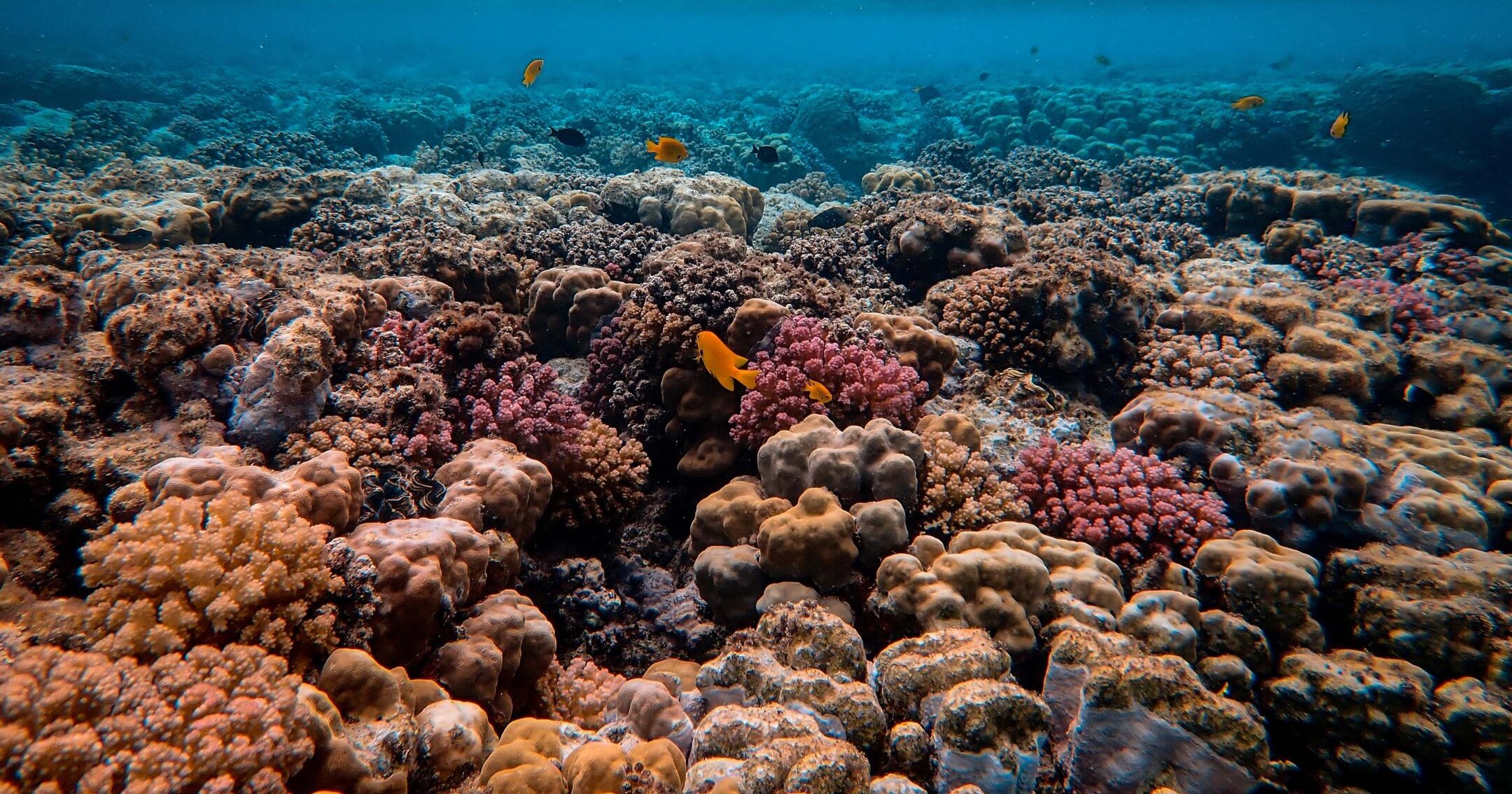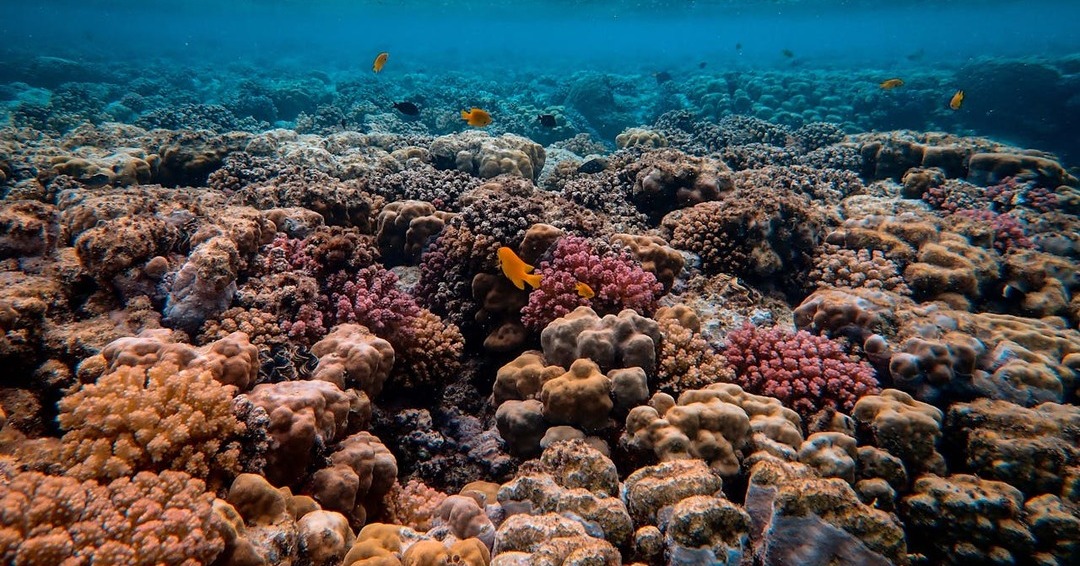The urgent call to action to conserve and restore shallow-water coral reefs was issued by the International Scientific Committee of the One Ocean Science Congress, which is composed of 16 renowned scientists, including Carlos Duarte — CORDAP Executive Director and a prominent ocean voice and leader. This call was adopted at the UN Ocean Conference 2025.

Urgent call to action to conserve and restore shallow-water coral reefs:
Recognizing the unprecedented severity of mass mortality of corals in 2023 and 2024, where global ocean temperature exceeded previous records by a large margin, and the severe risk of catastrophic loss of coral reefs, the International Scientific Committee of the One Ocean Science Congress calls on the nations gathering at the Third United Nations Ocean Conference to take the following urgent actions:
- Enhance the ambition to mitigate greenhouse gas emissions to limit global surface air temperature rise to 1.5 °C above preindustrial levels.
- Remove local pressures, such as pollution, overfishing, siltation, and physical damage, that impact coral reefs to improve their resilience to climate change.
- Support global collaborative efforts to develop cost-effective, scalable and climate-change resilient science and technology to halt losses of tropical coral reefs and restore 30% of degraded coral reefs, as mandated by the Kunming-Montreal Global Biodiversity Framework.
- Strengthen and support global initiatives, such as the International Coral Reef Initiative, UN Global Fund for Coral Reefs, and the G20 Global Coral R&D Accelerator Platform.
- Deploy sufficient financial resources to conserve and restore coral reefs, with dedicated support for conservation and restoration initiatives led by Indigenous and local communities.
Tropical coral reefs are at severe risk of functional extinction under climate change, with consequences for food security, coastal protection and biodiversity. Should this risk be realized, this would represent a failure of both the UN Framework Convention on Climate Change, whose goals are to anticipate, prevent or minimize the causes of climate change and mitigate its adverse effects, and the UN Convention of Biological Diversity, given coral reefs host one in every four marine fish species.
We urge world leaders to act without further delay, as the catastrophic loss of coral reefs would be a collective failure of our generation, condemning future generations to live in a world devoid of these critical marine ecosystems and the invaluable services they provide to humanity.

